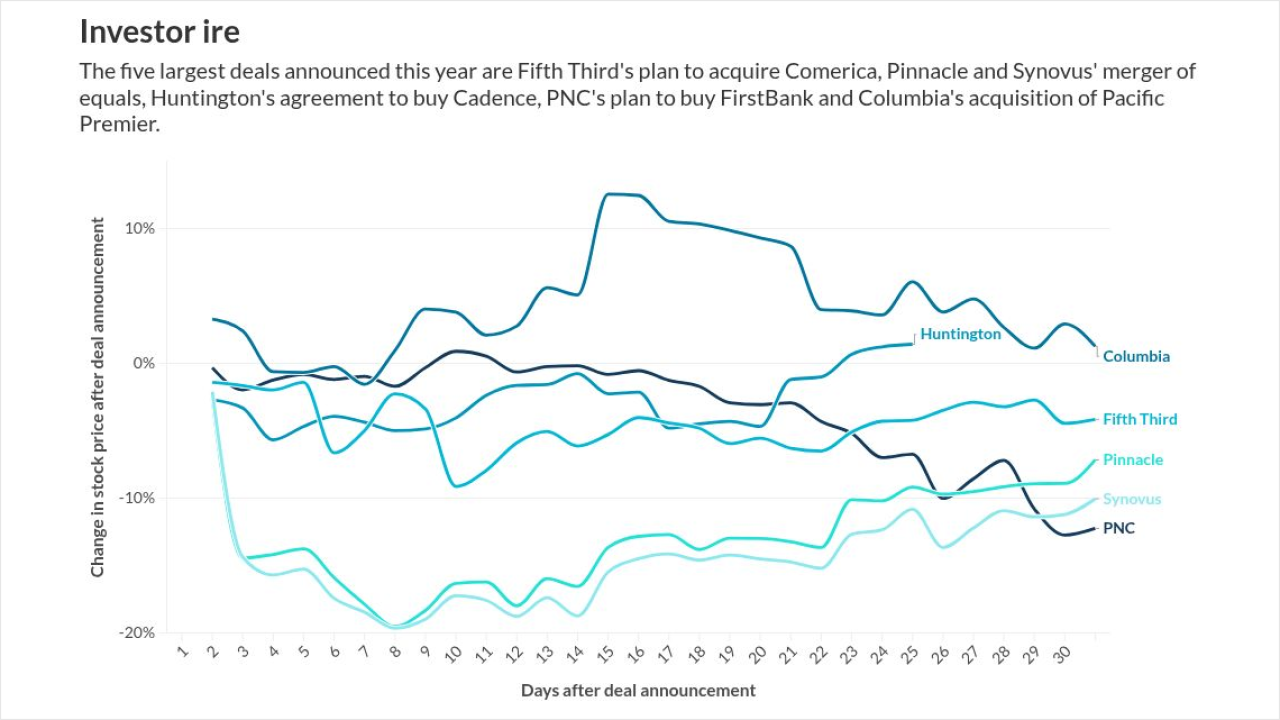
Members of Navy Federal Credit Union can now build their credit scores through rent and utility bills, thanks to the credit union's work on consumer-permissioned data sharing.
The credit union partnered with Bloom Credit, a credit data infrastructure platform, to offer its consumer-permissioned data product Bloom+ to its 14 million members as a checking account feature in late March. The partnership was formally
Bloom+ gives financial institutions the ability to offer their customers an option for reporting up to five existing payments from their checking accounts, such as rent, utility and telco payments, as tradelines to
As consumers build their credit score using this cash flow data, they can qualify for better loans even if their traditional credit history isn't strong. Credit scores from the three major credit bureaus — Experian, Equifax and TransUnion — are traditionally determined based on loan payment history, which can create a chicken-and-egg scenario for
"Credit bureau data can often work to the detriment of consumers that have never held a loan of any kind before," Justin Zeidman, vice president of strategy at Navy Federal, told American Banker. "One of the great things [about] consumer-permissioned data sharing is it allows the credit bureaus to treat a rent payment very similarly to the way it would treat a mortgage payment from the perspective of credit history. It allows the credit bureaus to see and track the responsible behavior of consumers who would have otherwise been completely invisible to the bureaus."
Zeidman believes that
"Enlisted members often join the military quite young," he said. "These are members that are sometimes 18 years old and receiving consistent paychecks with no credit history.
"These members are often looking for housing as they move from location to location, and access to credit can become incredibly important to ensure that the needs and demands of military life are served effectively. That can be challenging when you're very young in your financial life and have either made some missteps or have no credit history whatsoever," Zeidman said.
"Permissioned data sharing can serve that type of user in a really profound and impactful way by ensuring that they're not penalized for not having opened a credit instrument before, and in fact can be rewarded for responsible financial management that they've conducted in terms of paying their rent and utilities on time. It's a very clear and present case where young military members can very much benefit from a capability like this," he said.
Navy Federal's standing as a credit union also aligns mission-wise with the overall goals behind consumer permissioned data sharing, according to Zeidman.
"Leveraging permissioned data sharing in an underwriting context is an extension of the mandate of credit unions to serve the communities in which they operate and expand access to credit within the fields of membership that they are specifically designated to serve," he said. "Increasingly, credit unions are becoming more than just stewards of members' finances but also stewards of members' data. We believe that credit unions have an important role to play in helping members protect their data, but also in helping members to use and leverage their data in ways where they can benefit from it."
Stewart Watterson, strategic advisor at Datos Insights, told American Banker that the impact of real-time data insights on predictive capabilities for financial institutions will be higher than with solely traditional loan data.
"Lenders and service providers will have a new way to look at potential customers in terms of risk that's probably a much better and more accurate tool," Watterson said. "Once a potential service provider or potential financial institution is using cash flow underwriting, they'll get immediate benefit."
"The real opportunity for financial institutions is at the convergence of traditional credit data and cash flow data," Christian Widhalm, chief executive officer of Bloom Credit, told American Banker. "Allowing consumers to generate real credit history from their normal transactions while also gleaning cash flow insights maximizes the return for both the financial institution and the consumer."
Alongside the partnership with Navy Federal, Bloom Credit also announced a $10.5 million funding round on April 23 led by Crosslink Capital, including participation from existing investors Allegis Capital and Commerce Ventures. CT Innovations joined the funding round.
"Bloom+ is a game changer and the size and scale of the partnership with Navy Federal reflects that," said Jim Feuille, venture partner at Crosslink Capital. "It delivers value for consumers, visibility for lenders and exceptional growth potential for a product that is much needed in the market."






